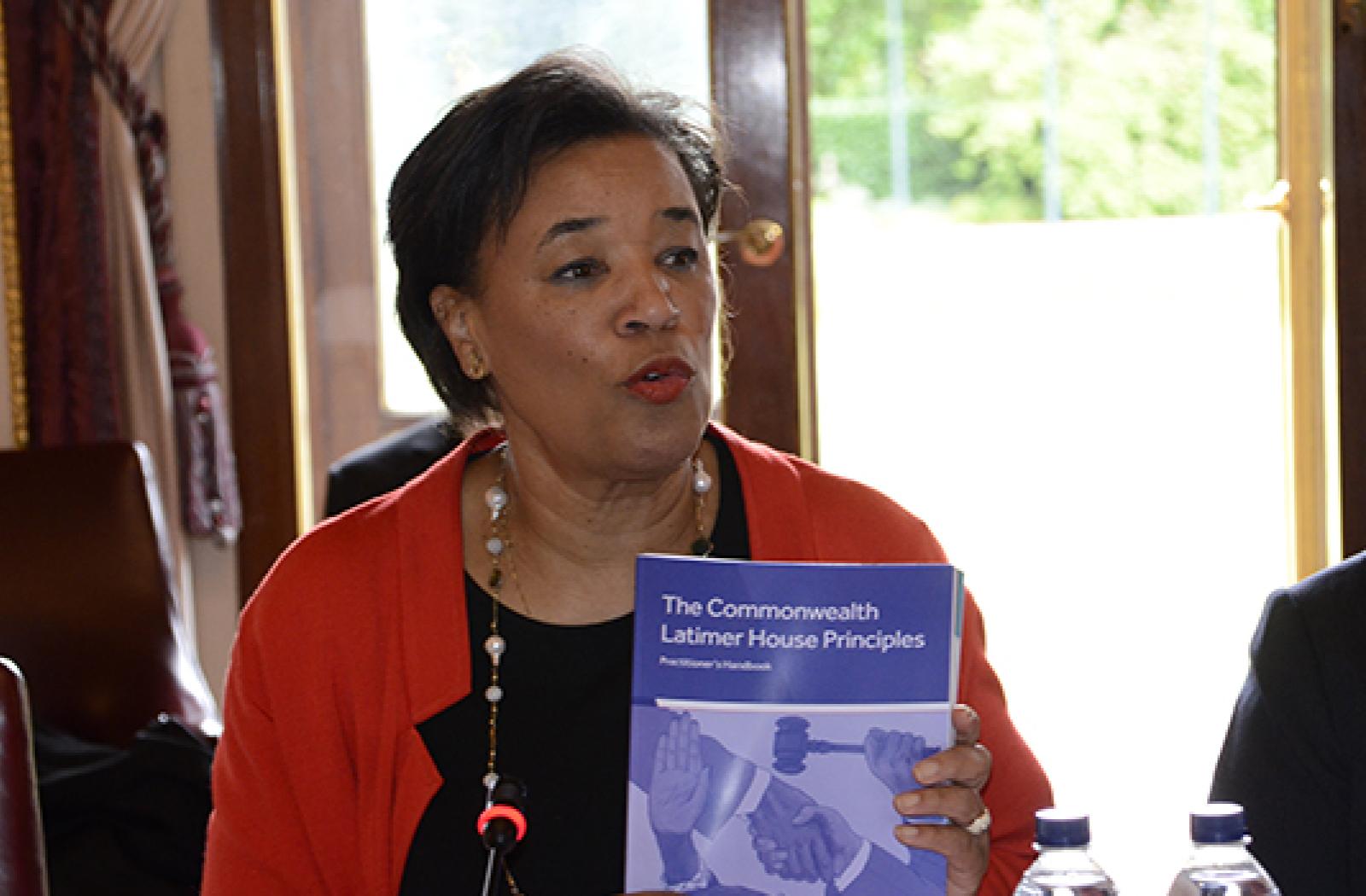High commissioners have praised as “momentous” a new Commonwealth office to help member states tackle, among other challenges, corruption.

High commissioners have praised as “momentous” a new Commonwealth office to help member states tackle, among other challenges, corruption.
The Commonwealth Office for Civil and Criminal Justice Reform (OCCJR) was launched this week. It will support all 52 Commonwealth countries in tackling the legal issues associated with challenges such as violence against women and girls, gender discrimination, corruption and climate change. The OCCJR will also assist member countries in delivering access to justice and sustainable development through the creation of fair and effective national laws, helping member states to enhance policy-making and legislation.
One example of this is the Commonwealth Latimer House Principles Toolkit on separation of powers, which was developed in close cooperation with the Latimer House Working Group. The toolkit sets out clear steps to ensure that the Principles are implemented.
A number of high commissioners said that both the OCCJR and the toolkit demonstrated the relevance of the Commonwealth in adding value to member countries.
The high commissioner for St Kitts and Nevis, Dr Kevin Isaac said, “I was excited, especially with the launch of the Latimer Principles as this is a clear example of the Secretary-General adding value and proving the relevance of the Commonwealth Secretariat, and how we can really translate that into meaningful benefit for the people on the streets.
“All of our islands complain about the lack of legal draftsman. If we have a toolkit which, as the Secretary-General says, you can adapt or adopt to your national situation I think it helps. It saves money and it provides good technical expertise, and it provides best practices that we can use very easily.”
Meanwhile, the high commissioner for Zambia, Muyeba Chikonde said, “It was a momentous and very important day for us. It has demonstrated the relevance of the Commonwealth and is a practical demonstration of what the member states have always been talking about.
“In Zambia, we have a backlog of legislation, and one of the issues that were raised in a meeting between the vice president and the Commonwealth Secretary-General was the fact that Zambia was lagging behind in terms of legislative-drafting. So, this toolkit really is an important milestone for the Commonwealth and I want to congratulate the Secretary-General once more, and the team, for a job well done.”
The OCCJR will make available good legislative practice from across the Commonwealth through model laws, standards, templates, legal insight and legal networks. In addition, it will deliver technical assistance to member countries based on these resources.
Secretary-General Patricia Scotland said, “Clear, fair and effective legal frameworks are integral to the rule of law and development, and represent the very fabric of the rules by which the state and private citizens interact, as well as by which individuals and enterprises deal with each other, both within and between, countries.
“Many member states struggle to obtain high-quality legal advice because public sector lawyers are seduced away by the private sector. However, this online resource will now enable members who are working on the same issues to collaborate and share templates, as well as to cultivate Commonwealth best practice materials.”
The Office will focus on core areas of reform. Recent consultations in Commonwealth countries, such as a survey on anti-corruption measures in all 52 member countries, have shown the clear need for support to law reform, including implementation of international legal standards.



